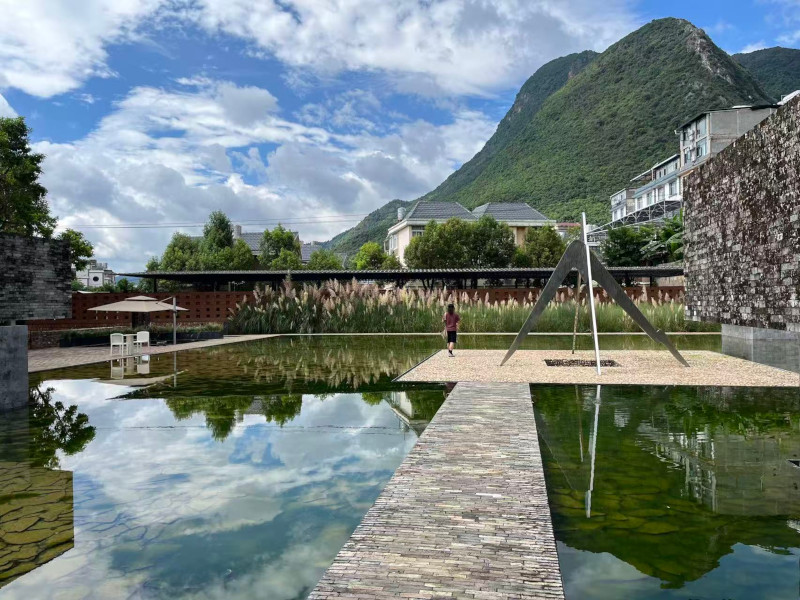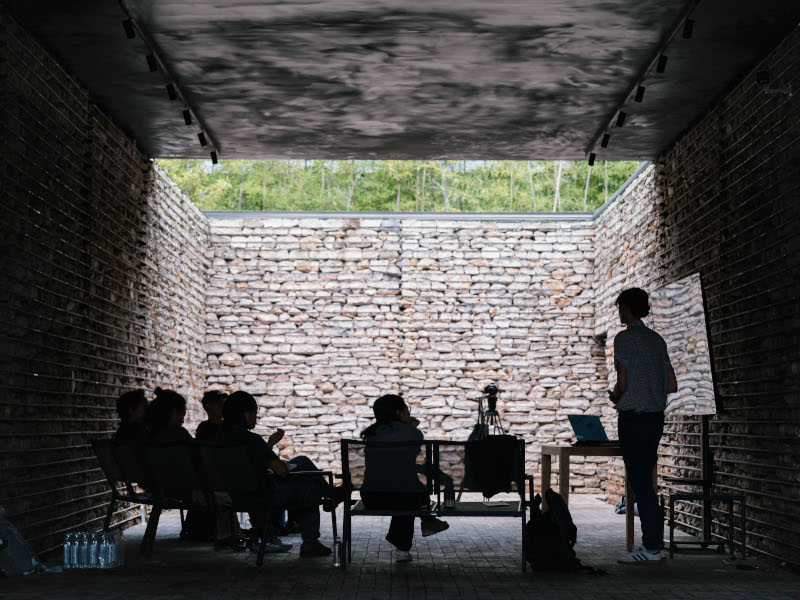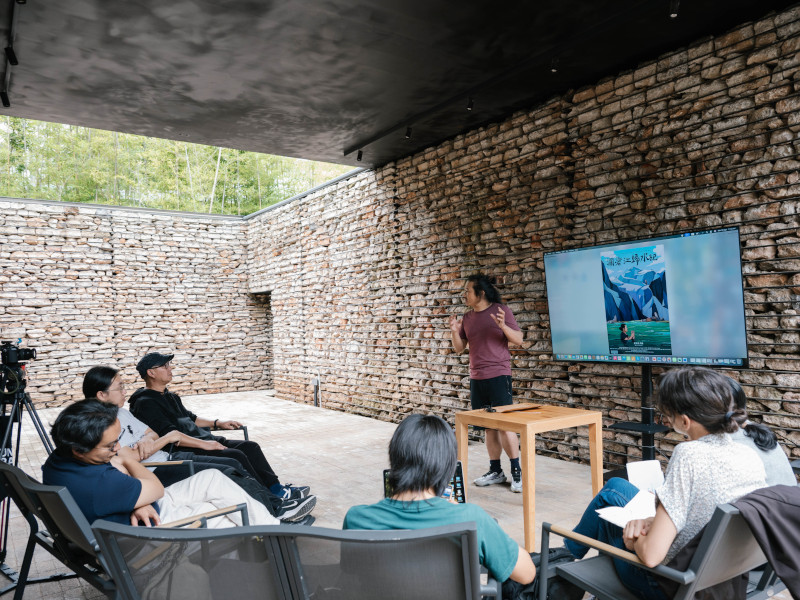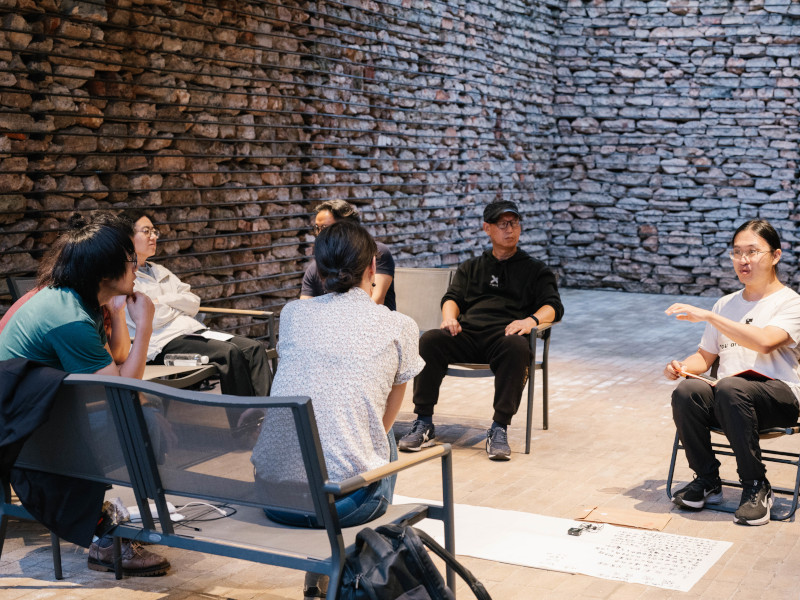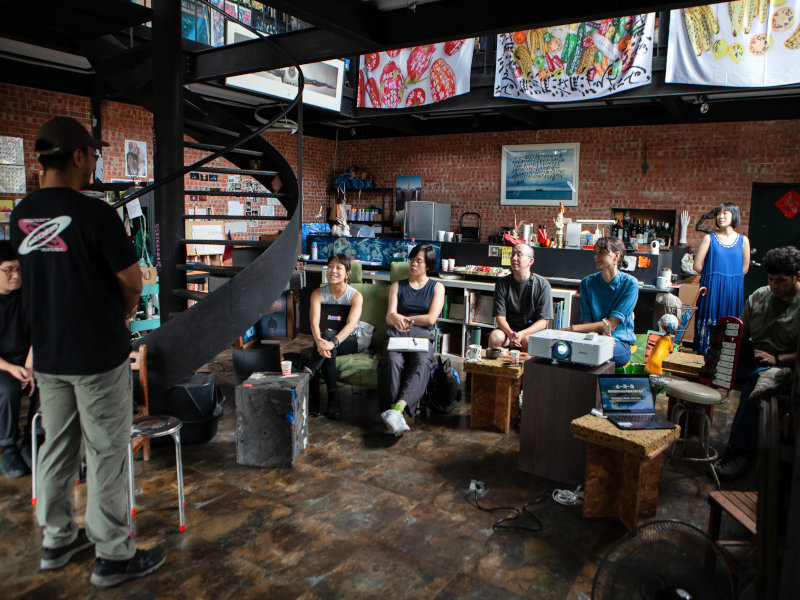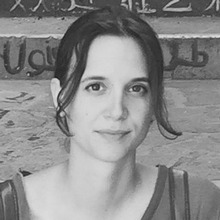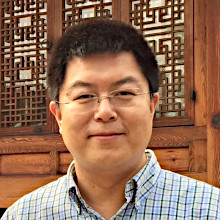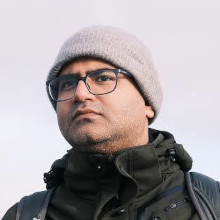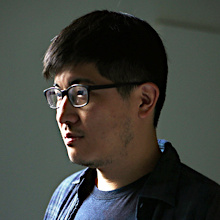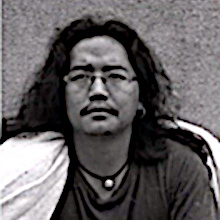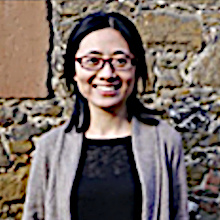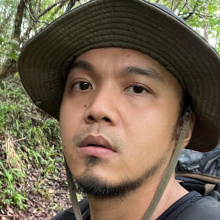IDRA
Aquatic Imaginations
Interrelation of Fiction and Policy in Shaping A Sustainable Future
Project
What is IDRA?
IDRA explores the interplay between literary studies and policy studies in water-related Sinophone literature, by regarding literature as a useful cultural artefact that can complement policies in pointing at their limitations, or in expressing the preoccupations related to the absence of effective ones in the era of the Anthropocene.
Water-related issues such as floods and droughts, water rising and water pollution have become global concerns, attracting significant attention from both the European Union (EU) and Chinese Government’s policies in the last decades.
Given the scale that the problem has reached in China and in the Sinophone area at large, and given the gigantic state measures undertaken by the Party-State and other institutions in the region to address them, IDRA recognizes and explores the significant role China and other countries in the Sinophone region play in shaping the global future of water management, epitomizing the water crisis and related policy challenges.
Starting with the recognition that finding solutions to hydric problems is vital for humanity’s present and future, especially from the privileged vantage point of a city like Venice, whose beauty and fragility is inextricably connected to its water and lagoon, IDRA aligns with the 2023 UN water agenda, emphasizing the need for concrete and transformative actions.
IDRA’s main goal is to investigate the key role played by Sinophone literature in understanding global water reality and acting upon it. To achieve this, IDRA explores and wields Sinophone aquatic imaginations through textual analysis, a literary database, workshops and an art exhibition.
Research
IDRA deals with water-related Sinophone landscapes, futurescapes, and associated “ecoambiguities” (Thornber 2012) as complementary to water policies. IDRA utilizes Sinophone literature as a key cultural artifact for addressing water-related issues, creating various tools for both specialized and public awareness, and stimulating strategic foresight.
What does IDRA involve?
The core investigation of the project is Sinophone literature intended as an artistic and situated critical practice that can fruitfully engage with policy studies and digital humanities. The research is divided into three parts revolving around the idea of water (policy) as storytelling, and focuses on:
- an ecocritical, policy-informed reading of Sinophone literary representations of water-related affective tipping points – emotional thresholds associated with water issues, that both reflect and complicate the hydric rationality implemented through policies by state institutions.
The research analyzes literature written in the Sinophone area that reintroduce emotions often excluded by policy discourse, tracing an emotional shift from individual experience to a societal reflection on policy’s (in)efficiency. Sinophone literature is understood here as a cultural artifact capable of expressing and documenting people’s emotions vis-à-vis the water issues/policies that trigger (and overlook) them. - a map of hydric, environmental affects, as depicted in works of Sinophone literature, identified and catalogued in a database according to their geography, time period, and addressed policies (if any).
Through interactive infographics, the database is aimed at allowing a visualization of these relationships, mapping collective hopes and anxieties, and identifying policy gaps. Digital humanities methods are here applied to bridge literature and policy: Sinophone literature is considered here as a cultural artifact useful for visualizing societal emotions in relation to the water issues/policies that have generated them. - speculative Sinophone fiction as a form of art relevant to ecological art practices and strategic foresight: a platform for introducing local water problems of global significance to international readers, as well as a means of promoting a dialogue on water-related problems and solutions suitable for inspiring new forms of art or informing policymaking.
During the workshops, strategies such as scenario-planning and visioning, often expressed through storytelling techniques, have been used to ignite debate and envision alternative futures with the potential to inspire other artistic outputs or stimulate the development of rhizomatic and localized policies.
What are IDRA’s expected results?
1) Pioneer innovative approaches in the field of (Sinophone) literary studies though IDRA’s monograph and presentations
2) Enhancing ease of access and searchability of sources on water-related (Sinophone) literature through IDRA’s literary database and anthology
3) Promoting public awareness on water-related issues and actions through literature, with IDRA’s workshops and art exhibition
The workshops were aimed at igniting a discussion among the participants (students, writers, artists and scholars), drawing on their personal experiences of water, current hydric megatrends, and issues of local significance in the Sinophone area. The workshops resulted in the creation of water-related scenarios to be transformed into short stories and artworks capable of turning hydric imaginations into collective consciousness.
- 30/04/2025 - Workshop at Wellesley College
After a lecture on Sinophone fiction delivered to Wellesley students and organized in cooperation with Professor Song Mingwei, the workshop consisted of an introductory talk on water issues and policies by a water policy expert, Ph.D. Dacotah-Victoria Splichalova, offering students insights into global and local water megatrends. It was then followed by a talk by the sci-fi writer Mu Ming, providing students with worldbuilding and storytelling techniques, and a scenario planning excercise. During this excercise, the students developed three main scenarios based on the provided tools and on their personal experiences, set respectively in Shanghai, the Xinjiang region and Suzhou. These three scenarios served as a starting point for the workshops held in Yunnan and Taipei.
|
|
Flyer 30/04/2025 | 237 KB |
|
|
The EALC and EAS Newsletter, 2024-2025, issue VIII | 204 KB |
|
|
Slides by Mu Ming | 729 KB |
|
|
Slides by Dacotah-Victoria Splichalova | 644 KB |
- 20-27/08/2025 - Workshop in Yunnan and Taipei
During these two geographically separated, but interconnected events, artists, local writers and policy experts were encouraged to draw upon their personal experiences with water. In both Yunnan and Taipei, locations particularly relevant for their connecton with the hydric element, they were invited to imagine the environmental trajectories of water in their respective contexts. This speculation emphasized the role of water problems and policy as both complementary to, and integral to, their narrative creation: the workshops fostered the creation of individual and collective scenarios to be turned into short stories (IDRA’s anthology) and art (IDRA’s art exhibition).- 20/08/2025 - Yunnan
The workshop took place at Grand Corner, an artistic space in Yunnan province, near Fuxiang lake. After a check-in excercise and a presentation of the project, the participants listened to a lecture on water megatrends given by Wang Xialin, a water scientist from Yunnan University. This lecture was followed by each participant’s introductin of their personal and creative relationship with water. After this, a scenario-planning excercise was conducted: participants (drawing on Wellesley’s scenarios, hydric megatrends, local problems and their own creative art practice) were asked to imagine the future of water in fifty years and to push these consideration to the extreme. They decided to divide into two groups, each developing one positive and one negative scenario. The workshop resulted into four Yunnan-based scenarios. - 27/08/2025 - Taipei
The workshop took place at Stupin Space, an artistic venue in Taipei, near Tamsui River. After a check-in excercise and a presentation of the project, the participants listened to a lecture on pluriversal water knowledge by Bhambri Akshay, a Ph.D student affiliated at Harvard Kennedy school, and another on Indigenous perspectives on water problems and policies by Yi De Yu, a research assistant from National Pingtung University. These lectures were followed by each participant’s introductin of their personal and creative relationship with water. After this, a scenario planning excercise was conducted, in which participants (drawing on Wellesley’s scenarios, hydric megatrends, local problems and their own creative art practice), were asked to imagine the future of water in fifty years and to push these considerations to the extreme. The Taiwanese artists, writers and the scientists decided to develop their speculations individually. The workshop resulted in four Taipei-based scenarios and one general scenario encompassing all the individual ones.
- 20/08/2025 - Yunnan
- 19/10/2025 - Follow-up online workshop
The writers, artists and scholar who took part in the first three workshops gathered for a follow-up online event, open to Wellesley students and to other researchers, artists and writers interested in the project. The goal was to allow participants the Yunnan province and from Taipei to finally meet, to share the process and the developed scenarios with other participants from different areas, and to discuss the future steps of the project, which include transforming these visions into short stories to be collected into IDRA’s anthology, or artworks to be exhibited in Venice in 2027.
Outreach
Team
The IDRA project is an individual Marie Skłodowska-Curie fellowship developed with the cooperation of different scholars, artists and writers from the Sinophone area, Italy, the United States, Norway and India.
Chiara Cigarini
Marie-Curie research fellow
Nicoletta Pesaro
Project supervisor at Ca’ Foscari University
Mingwei Song
Project supervisor at Wellesley College
Bodhisattva Chattopadhyay
Project supervisor at University of Oslo

